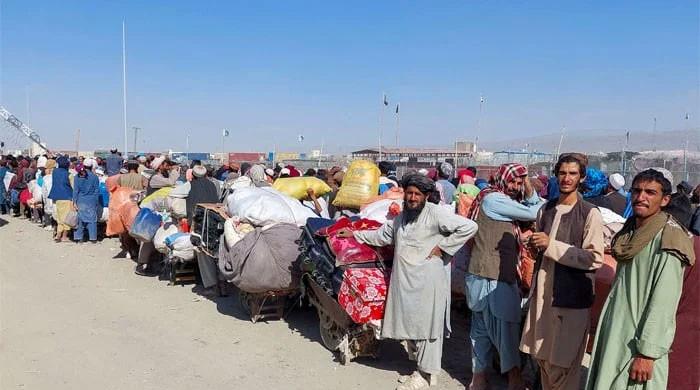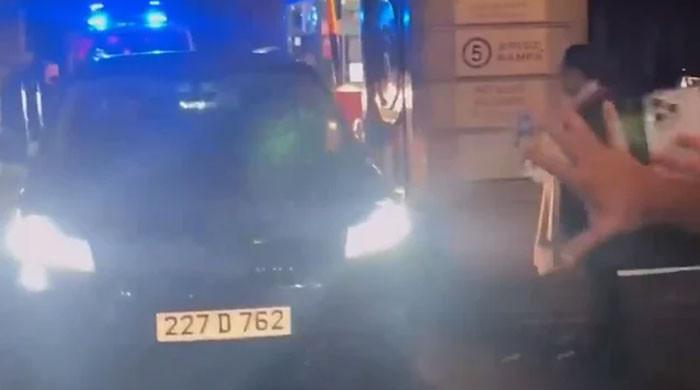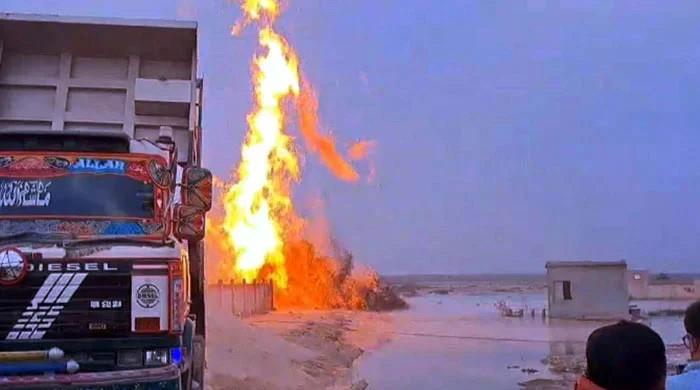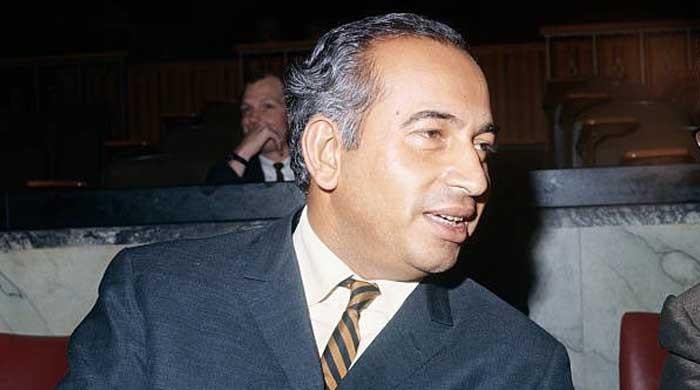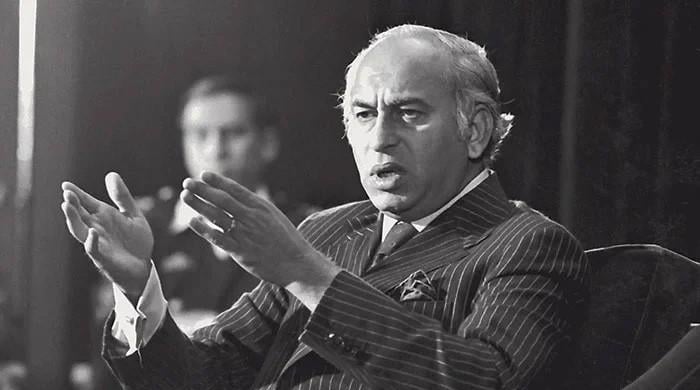Here is everything you need to know about the laws governing public inquiry commissions
Government is bound to release report of the commission to the public within thirty days of submission
April 11, 2020
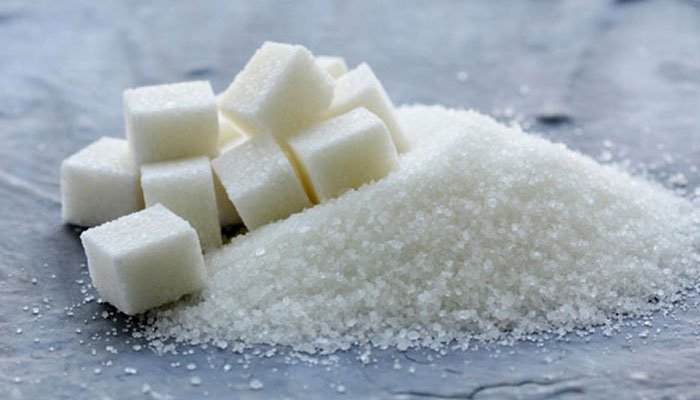
ISLAMABAD: The federal government is bound under the Pakistan Commissions of Inquiry Act, 2017 to make public the final or interim report of public inquires within thirty days of the submission of the report to the government, reported The News on Saturday.
However, the law says the commission may, in public interest, recommend to the government that all, or any part of its final or interim report, may not be made public.
Sugar, wheat crisis: PM Imran vows action against profiteers after forensic report
According to a notification, the copy of which is available with The News, the Auditor-General of Pakistan has constituted a seven-member special audit of sugar and wheat crises, as required by the inquiry commission.
The notification states that the task is to be completed within two weeks, starting from April 13. Officers for the purpose have been nominated from all the provinces to ensure transparency.
Experts say the findings of the inquiry commission will not be legally binding on the government, and there are little chances of an FIR against powerful individuals involved in the crises.
However, the government may refer the findings to other investigative, regulatory and accountability agencies for further probe to institute criminal cases against those found guilty in the report.
Those who called others thieves had sugar and wheat bandits in their own ranks: Marriyum Aurangzeb
The March 16 notification of the interior ministry that established the inquiry commission says that the body has been created "to probe increase in sugar prices".
A reading of the Pakistan Commissions of Inquiry Act shows that the commission will decide whether its proceedings will be open or in-camera, and fix the places and times of sittings.
In the absence of any announcement from the commission, it is clear that it is holding closed-door proceedings. The law says people have the right to provide any information or document relating to a matter before the commission.
However, with fifteen days left to submit the report, the commission has not invited any information and assistance from the general public that could be useful in the inquiry.
Read also: Key takeaways from the sugar probe
According to the law, the chairman of the commission or any officer specially authorised in this behalf by the chair may enter any building or place where the forum has reason to believe that any documents relating to the subject matter of the inquiry may be found.
They may seize them or take extracts or copies from them, subject to any provisions of sections 102 and 103 of the Criminal Procedure Code (CrPC) in so far as they may be applicable, it states.
The commission will, for this act, have the power to order a police investigation into any matter coming before it. Any proceeding before the commission will be deemed to be judicial within the meaning of sections 193 and 228 of Pakistan Penal Code.
The law says it will be the duty of all executive authorities of the federal and provincial governments to act in aid of the commission in the discharge of its functions and to comply with any of its directions.
Originally published in The News




